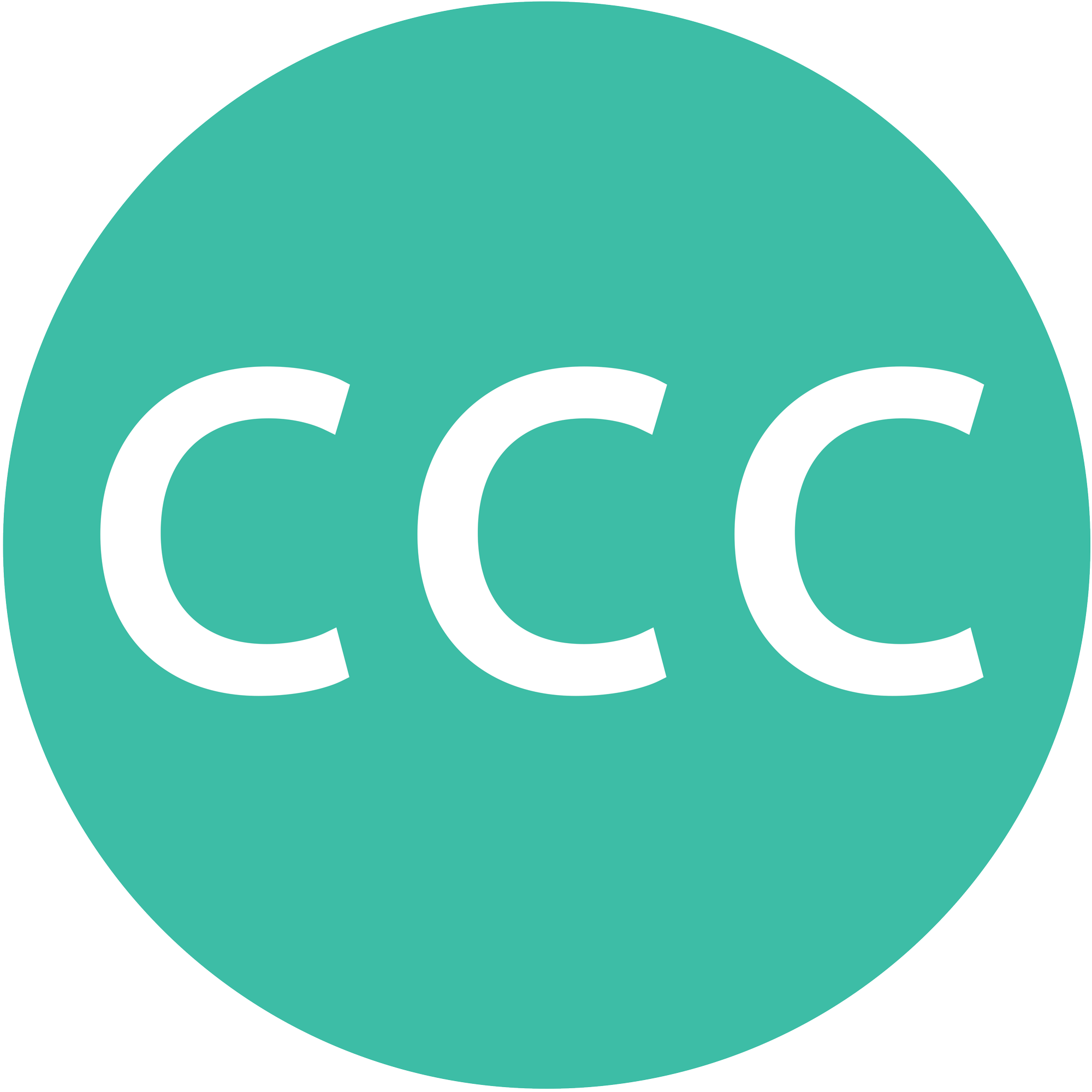Plutocrat: a person who has political influence and/or power because of their wealth–a serious problem that threatens democracy and an inclusive society.
With the midterm elections two weeks out, you can either begin to prepare to mourn the passing of democracy or spend some time and money doing what you can–emailing your friends, volunteering for a phone bank, making a donation–in the hopes of a better future. Susie Buell captures the moment in her newsletter, The Rising: “The remaining weeks before November 8th are practically unbearable and certainly anxiety-inducing when you think about how close the races are (How can this be when the choices are so stark?), what is at stake (What will they come for next, and how soon?), and whether the party that prefers democracy over autocracy has a strong enough infrastructure to weather any underhanded tactic that threatens to undermine the results.” (Speaking of outrageous and illegal tactics, two armed militants recently were found by police in Arizona’s largest county at a ballot drop box intimidating voters.)
If there were ever a question whether we live in a plutocracy, think about this: Many of the nonprofit organizations that work to protect the vote are operating at under 75% capacity for lack of funds, a gap that had it been filled could change outcomes in close elections. But billionaires are exerting even more influence than in 2020 when just 700 billionaires gave $1.2 billion to sway the election outcome, about 10% of all the money spent in that cycle. Tech billionaire Kenneth C. Griffin alone contributed over $100 million to Republican state and federal candidates this cycle (he also bought one of thirteen original copies of the U.S. Constitution for $40-plus million–ironic, no?). It’s all about influence, power and ego.
Plutocracy isn’t just about politics. I recently received an email from one of our grantees, the Norton Museum of Art, where I saw for the first time that they had sold the naming rights to their CEO position (I’ll have a lot to say about naming rights in an upcoming letter). It is bad enough for the ultra-rich to put their own names on curatorships, buildings, professors, deans, and schools, but for some reason this sent me over the edge. The person calling the shots at a nonprofit should be above the fray, including in appearance. But there it was, the Kenneth C. Griffin Director and CEO Ghislain d’Humiéres (the very same Ken Griffin). Perhaps worse than even the Koch Fountain in front of the Metropolitan Museum, this taints the image of the institution. What kind of an ego does someone have to display their largesse this way? How desperate is the institution that sells those rights? And what happens when the museum wants to do something Griffin disapproves of? This become particularly problematic when the name belongs to the guy who funds the campaigns of election deniers, his governor who flies immigrants out of state for political gain, and Senators who brought us the Supreme Court of women’s rights deniers (that part is particularly sensitive since we fund an exhibition at the museum Recognizing Art of Women and a walk honoring women artists). I should point out, though, that the Norton Museum is far from alone among museums doing this, which just goes to prove how big a philanthropic plutocracy problem we’ve got. And what’s next: Peter Thiel Senate Majority Leader Mitch McConnell or Barre Seid Supreme Court Justice Samuel Alito? They’ve bought them, they might as well name them.
Of course, the argument is that museums and other institutions need to raise money. But there are alternatives, like having the wealthy pay taxes so the arts can be government-funded, be required to give more at CCC’s charitable standard (or higher) and create tax incentives to middle- and lower-income Americans so there is broader input and diversity in the art the public gets to see. Here are three different ways of making the point:
If you have an hour….
We cosponsored a webinar last week entitled “Where Has All the Money Gone?” with Susannah Morgan of the Oregon Food Bank hosting a panel that included Ray Madoff, Chuck Collins and Vu Le. It was like a Philanthropy 101 course squeezed into 60 minutes. What I found most interesting was the range of approaches each panelist takes to philanthropic plutocracy. Ray is among the leading tax law professors with a passion for making charitable tax laws work as intended for the benefit of charities, but without focusing on plutocracy. Chuck, who directs the Charitable Reform Initiative at Institute for Policy Studies, calmly presented a more aggressive approach to curbing plutocratic abuse. Vu Le, a long-time philanthropy critic, channeled Network’s Howard Beale (“I’m mad as hell, and I’m not going to take this anymore!”), arguing for less talk, more action, and more anger to achieve racial equity and philanthropic change. Each of these perspectives is needed.
If you only have 20 minutes….
In last month’s letter I raised the issue of whether plutocrats supporting good causes–Yvon Chouinard donating his Patagonia to an environmental fund–is good. Well, there’s a Howard Beale-style YouTube version: Adam Conover’s “Why There’s No Such Thing as a Good Billionaire.” I suspect his writers are lawyers, because this is a brilliant (if somewhat snarky) indictment of plutocratic philanthropy, centered on Chouinard and Sam (Walmart) Walton.
If you only have 20 seconds….
I’m new to social media and don’t fully get it, but I’ve come to realize that memes are just the latest iteration of the t-shirts we wore in the sixties and seventies. We’ve been working with some very creative people who identify memes that we hope educate, motivate and entertain.
